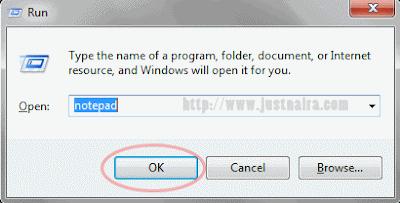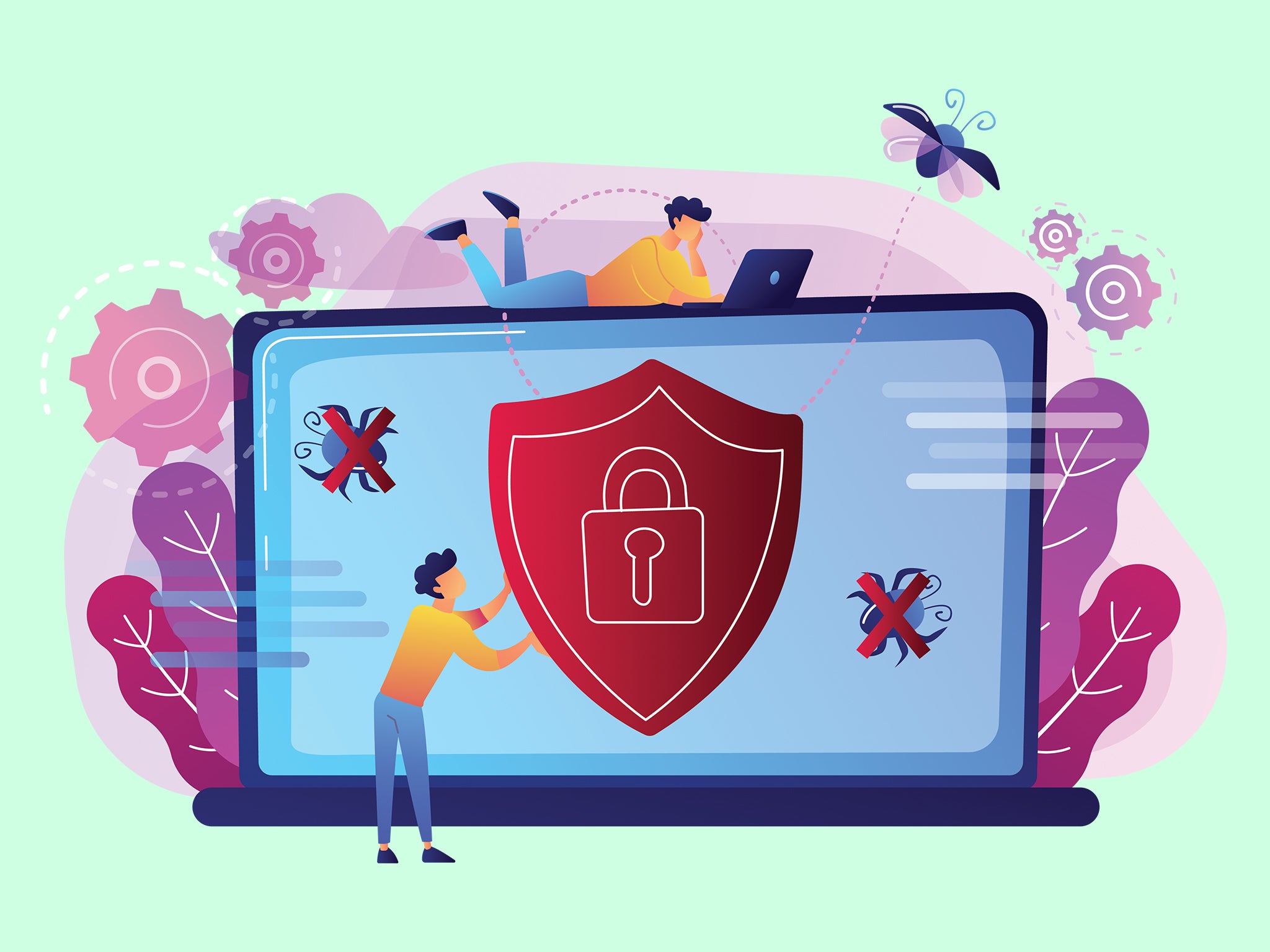


Rapid infection and threat removal: If the antivirus software finds malware, it’ll quarantine the malicious files in a safe folder, letting the user review them manually.Real-time prevention: Not only will antivirus software scan for threats on-demand, but it’ll also do so automatically and constantly to prevent malware from taking shape.The best antivirus software will also scan URLs and web pages for potential risks. Web browsing protection: Files aren’t the only things that can contain viruses.Complete system scans: On top of that, the software will also scan entire devices for compromised data, although this process takes much longer than scanning individual files.Reactive file scanning: Before you open any new file, antivirus software scans it against a database of known malware.Now that you know everything to be concerned about when it comes to cyber threats, here’s exactly how antivirus software can stop them from happening in the first place. How Antivirus Software Prevents Cyber Threats Note: Remote access attacks are also known as remote exploit attacks. But what exactly is the software scanning for, in the first place? While an on-access scanner, or OAS, runs in the background of your device, an on-demand scanner, or ODS, only scans when you “demand” a scan manually or schedule scans in advance. What Does Antivirus Software Scan For?Īntivirus software scans for a few things both on-demand and on-access. Now that you have an idea of what antivirus protection is, let’s break down exactly how antivirus works and what it scans for.
FAKE VIRUS TEST YOUR ANTIVIRUS WINDOWS 10
Learn more about whether you still need antivirus, in particular whether Chromebooks need antivirus, whether Windows 10 has built-in antivirus, whether Macs need antivirus, and whether iPads need antivirus. Again, no antivirus protection is 100 percent foolproof, but with up-to-date databases and behavior-based detection, the best antivirus software is your best bet against cyber attacks. It also scans the device for any suspicious behaviors that could indicate malware, which allows the software to detect malware even if it’s not already in the database. Using a regularly updated database of malware and viruses, it runs scans comparing a device’s files to the files in their database. In a nutshell, antivirus protection is software that preventatively detects, neutralizes then gets rid of malware. That’s where we come in, giving you the information you need to decide which antivirus software is right for you. However, many people don’t know where to start when it comes to antivirus software. Antivirus software, while it’s not 100 percent effective, is a smart way to guard against not only viruses but also malware, spoofing, and other cyber threats. Since we’re all hopelessly addicted to technology, no one wants a virus on any of their devices, be it a smart TV, laptop, smartphone, and more.


 0 kommentar(er)
0 kommentar(er)
